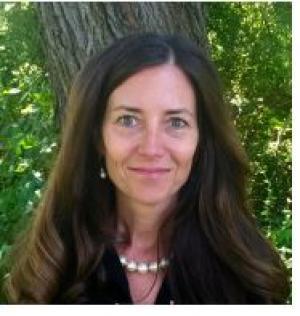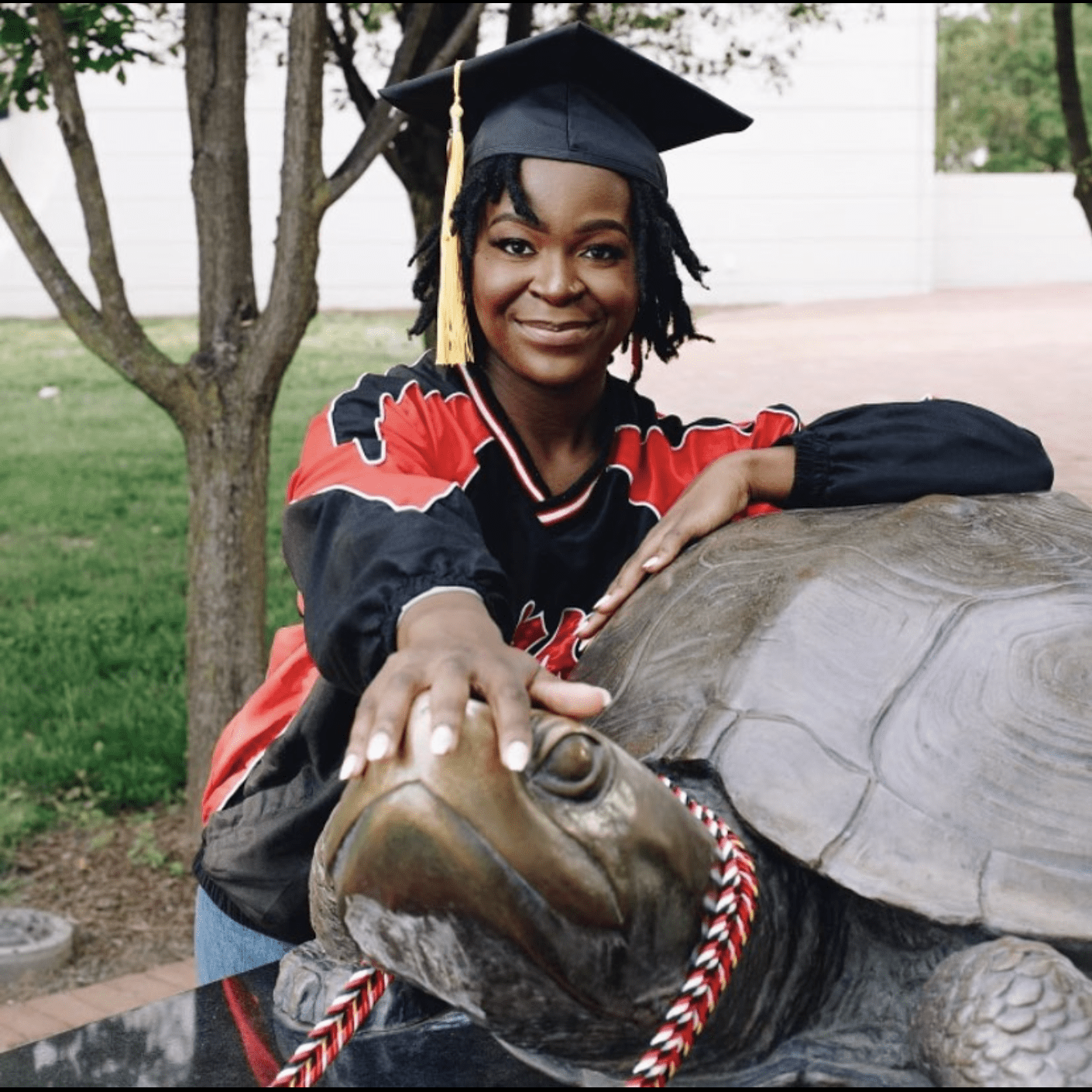Civic Engagement for Social Good
Inspiring community collaboration and meaningful change
Introduction
The world critically needs changemakers committed to understanding social issues and collaborating alongside their communities to foster meaningful change. In Civic Engagement for Social Good (CESG), previously known as CIVICUS, students work with organizations addressing a range of societal challenges, including poverty, food insecurity, housing insecurity, child welfare, education, political activism, animal rights, and the environment. Students explore:
- Issues impacting local communities
- Organizations that are addressing pressing social issues
- Ways to engage in hands-on work in civic engagement
- Strategies for deliberative dialogue in a multicultural world
- Methods to leverage their strengths to make sustainable change
CESG coursework and community engagement activities operate in tandem, creating a synergy that enhances the overall student experience. Coursework provides an opportunity for students to explore the root causes of social needs and strategies for addressing social concerns that they see during their work in the community, while service projects and co-curricular activities create an environment for students to implement what they learn in the classroom.
As an interdisciplinary program, CESG students represent a wide range of academic interests and majors. Civic Engagement for Social Good encourages students to ground their work in their passions, academic majors, and professional interests.
Through their shared passion for social good and engagement in co-curricular activities, CESG students form a close cohort who develop strong friendships and support each other throughout their time at UMD.
Colloquium and Lecture Topics
- The complexities and the structures that cause social issues
- Concepts related to the theories and practices of civic engagement
- Models for working towards positive social change
- Ways to engage in difficult conversations with empathy around differences of perspective, beliefs, and identities
[This program] has made me a kinder, more compassionate, more informed person. [It] gave me the opportunity to get my hands dirty, to engage in the community in ways I never thought I could. [It] has taught me that it takes a village but also that I can make tremendous change myself..providing me with more opportunities for learning and character-building than I would've gotten in any other program or club.
Other Learning Opportunities
Students are actively engaged in UMD, College Park and surrounding areas, and Washington, DC annually completing over 1,000 hours of volunteer work. Students can choose from over 100 projects per year with a wide array of partner organizations.
Students:
- Participate in civic engagement projects. Recently, students have acted as mentors for local elementary students, planted trees to increase the canopy in Washington, DC, served meals from a mobile soup kitchen, handled dogs at a humane rescue adoption event, canvassed on behalf of political candidates, and captioned videos to ensure accessibility for a wider community.
- Take trips to Washington DC and the surrounding area where they participate in scavenger hunts, visit memorials, monuments, and museums, and attend baseball games, cultural heritage events, and the performing arts.
- Meet guest speakers, including politicians, staff members from local non-profit organizations, and local community leaders and activists
- Participate in community-building activities, such as challenge courses, trivia nights, bingo, BBQs, and study breaks
CESG staff provide the planning, logistical support, and transportation for most activities. All second-year students also participate in a capstone experience for academic credit. The capstone can include an internship, extensive work with a non-profit, or affiliated experiential learning courses. Students in the past have held internships in local and national politics, non-profits, high-profile media outlets, medical facilities, research labs, mentoring organizations, and peer dialogue training. The capstone gives students authentic experiences and skills that help support their academic work, career goals, and future community engagement efforts.
Curriculum Overview
Over the two-year program (four semesters), students complete 12-credit hours that count toward their CESG Scholars citation. The following table represents a typical two-year curriculum. Details about courses and requirements can be found on the CESG Citation Checklist
| SEMESTER | COURSE | CREDITS |
|---|---|---|
| Semester 1 | CPCV 100: Colloquium I | 1 credit |
| CPCV 225: Intro to Civic Engagement for Social Good | 3 credits | |
| Semester 2 | CPCV 101: Colloquium II | 1 credit |
| Semester 3 | CHSE 328C: Intergroup Dialogue (DVCC) | 1 credit |
| Semester 4 | CPCV 230: Internship; or CPCV 240: Service-Learning; or CPCV 250: Research; or |
3 credits 3 credits 3 credits |
| Semester 1, 2, 3, or 4 | Supporting Course (var. Gen Ed) | 3 credits |
Sponsoring College
Office Address
1103 Centerville Hall
Office Email
Faculty


Deborah Omotoso
News and Notes, Etc.
Civic Engagement for Social Good News
Scholars Executive Director Offers Leadership Lessons at Omicron Delta Kappa Ceremony
Last month, College Park Scholars Executive Director Marilee Lindemann was inducted into the Sigma Circle of ODK. She was asked to speak on her leadership philosophy at the induction ceremony. The following is an edited version of her remarks:
Alum From Inaugural Class of Justice and Legal Thought Headed to Berkeley Law
When Hope Goodman was considering where to attend college four years ago, she was enticed by the opportunity to be in the inaugural class of Justice and Legal Thought (JLT) Scholars at the University of Maryland. “The opportunity to take part in a brand-new program and provide constructive feedback for the classes that follow was incredibly enticing,” Goodman says, “because I knew that I could get involved on campus in a meaningful way immediately.” That desire to make a difference, combined with her ambition, has since set Goodman apart as a leader on the University of Maryland campus and in College Park Scholars. This month, she will be walking the stage as part of the first graduating class of JLT Scholars.
Scholars Turn 'Shower Power' Colloquium Project Into Real-Life Sustainability Push
In the Environment, Technology and Economy (ETE) Scholars program, the second-semester colloquium is largely devoted to the “Connections” Project. Teams of four to six students propose an idea to enhance sustainability on campus or in the community. They research an idea, propose how best to achieve it and implement one aspect of the proposal by the end of the semester.
A Scholar Takes a Cross-Cultural Venture into Science, Technology and Society
My first experience with Ecuador was in the winter of 2017. That was when I traveled there with Science, Technology and Society (STS) Assistant Director Matt Aruch and 16 other University of Maryland (UMD) students as a part of the STS-led short-term study abroad course, “Education, Technology and Society: Ecuador in Context.” I had originally found out about this opportunity during Admitted Students Open House when I was a senior in high school, and it had served as one of the many reasons I decided to join STS. I knew that I wanted to visit a Spanish-speaking country to sharpen my six years of school-acquired Spanish language and to experience the natural beauty of South America in an authentic and memorable way.
How Scholars Makes a Big School Feel Smaller
When students arrive at the University of Maryland (UMD), many feel overwhelmed by the enormity of the campus and its population. That’s why College Park Scholars works so hard to make a big school feel smaller. We do this by hosting events, encouraging discussions and connecting students with faculty and staff from day one—in other words, by building community. “Having a cohesive group of people interested in one idea ... is very powerful, and that’s one of the reasons why the Scholars living–learning experience is so special,” explains Cydnee Jordan, a sophomore public policy major and Justice and Legal Thought Scholar.
Life Sciences Scholar Writes Bill to Promote Organ Donation Education
Organ donation was not something of particular concern to Shani Kamberi a few years ago. She recalls watching a 15-minute video on it during her driver’s education class one summer, but the issue didn’t really click. Then came her senior year in high school. That was when Jonathan Bos, Kamberi’s AP English Literature teacher at Walter Johnson High School in Bethesda, Md., spoke to the class about organ donation. He had a personal story to tell, having received a heart transplant in 1999.


